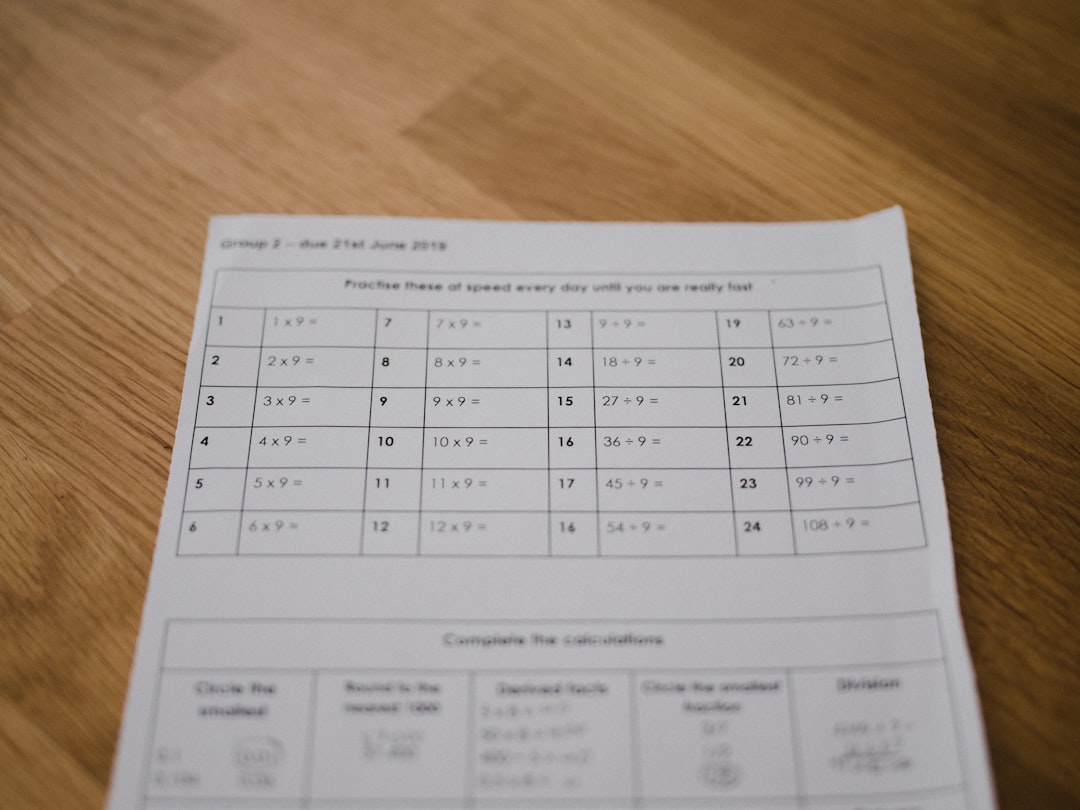Navigating the realm of intelligence quotient (IQ) scores can be a perplexing journey. With a myriad of tests available, understanding what constitutes a good IQ score and how it fits into the broader spectrum of IQ percentiles is crucial. In this detailed exploration, we’ll demystify the concept of IQ score interpretation, discuss average IQ benchmarks, and provide insights into how these figures are calculated and evaluated.
Understanding IQ Scores and Percentiles
IQ tests are designed to measure a person’s cognitive abilities and potential in comparison to the general population. Scores are often represented on a scale, with the average IQ hovering around 100. But what does it mean to have a score above or below this average?
The Average IQ
The average IQ score ranges between 85 and 115. This bracket encapsulates about 68% of the population, following the normal distribution curve of IQ scores. Scores within this range are considered average and indicate typical cognitive abilities.
Above Average and Genius Scores
Scores above 115 are deemed above average, with those between 115 and 129 reflecting high intelligence. A score between 130 and 144 indicates giftedness, while anything above 145 is often classified as genius level. Such distinctions are not merely academic; they can have real-world implications in educational and professional settings.
IQ Percentiles
IQ percentiles provide a more nuanced understanding of where an individual’s score lies in relation to the broader population. For instance, a score in the 90th percentile means that an individual has scored higher than 90% of the population. This perspective is invaluable for educational psychologists and for individuals seeking to understand their own cognitive abilities.
The Significance of a Good IQ Score
While the question of what constitutes a good IQ score can be subjective, scores are generally evaluated against established percentiles. A good score is one that places an individual comfortably within or above the average range, enabling them to engage effectively with their learning environment or workplace. However, it’s crucial to remember that IQ is but one measure of intelligence and potential.
IQ Score Interpretation
IQ score interpretation is multifaceted. High scores may open doors to advanced educational programs and societies like Mensa, but they are not definitive predictors of success. Emotional intelligence, creativity, and practical problem-solving skills also play significant roles.
Real-World Applications and Limitations
IQ scores are utilized in educational settings to identify both gifted students and those who may need additional support. However, the reliance on a single metric has been critiqued for its inability to encapsulate the full spectrum of human intelligence. Moreover, factors such as socio-economic background, educational opportunities, and test-taking skills can all influence scores.
Conclusion
In the quest to understand what is a good IQ score, it’s essential to recognize the complexity of human intelligence. IQ scores, particularly when viewed through the lens of percentiles, offer valuable insights but are not the sole determinants of an individual’s capabilities or potential. Embracing a holistic view of intelligence, which includes emotional and social competencies, provides a more comprehensive understanding of one’s abilities.
As we navigate the intricacies of IQ scores and their implications, let’s remember to value the diverse talents and perspectives each individual brings to the table, beyond what any test can measure.



